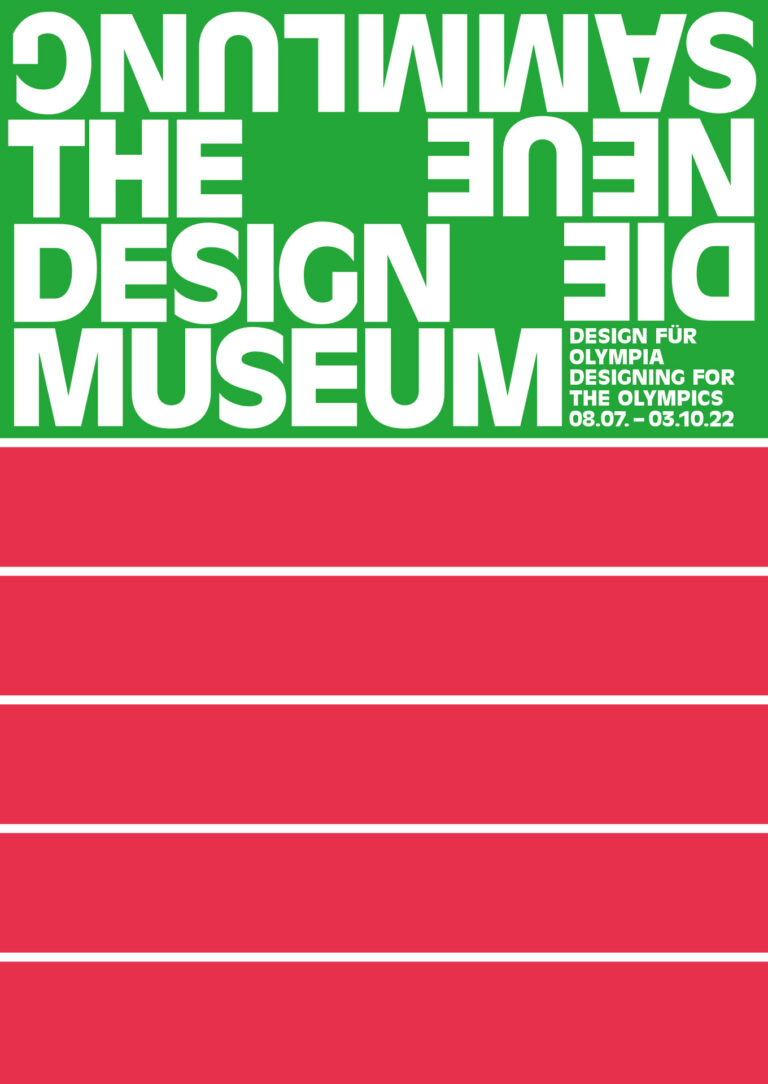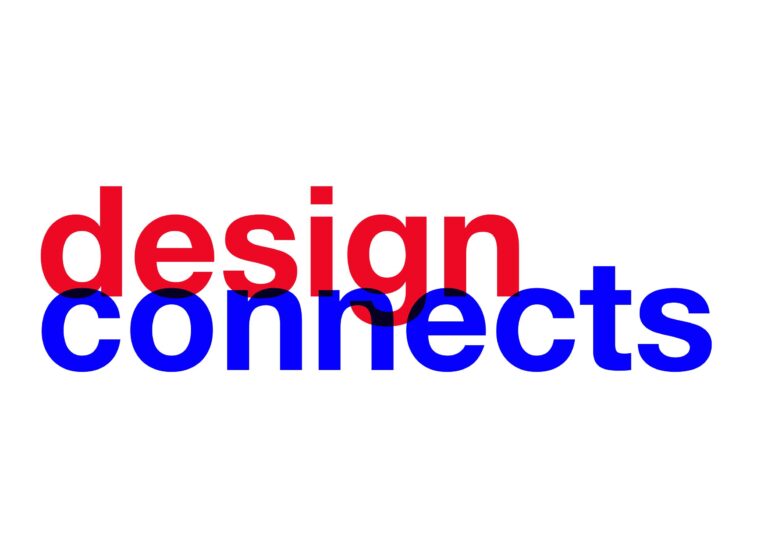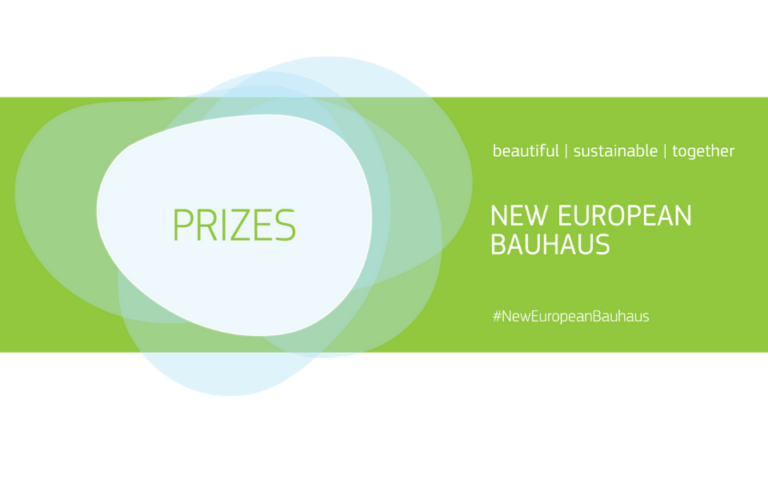Well Connected — exhibition
Preparing pumpkin risotto, solving math problems, and obtaining a medical diagnosis – what do these activities have in common? Virtual assistants lend a hand, record and analyze data, and help us in our everyday lives. The digital and the analog world in this segment are coming closer and closer together. From July 11 to September 11, the Well Connected exhibition organized by bayern design illustrates how these smart objects can enrich our lives over the long term. Many sectors of our lives and our work are becoming increasingly digitized and design plays a crucial role in this development because good design determines how we can handle objects.
Jointly with Munich Airport, bayern design is presenting nine forward-looking projects in the categories home, health, architecture/urban planning, knowledge transfer, and services/security. All of these projects have been created in cooperation with companies or designers in Bavaria. In an endeavor to strengthen this potential, Munich Airport has developed LabCampus, a smart city and center of innovation, on its grounds. Here companies, research institutions, start-ups, and creative people are encouraged to develop, test, and showcase new products.
The exhibition is located in Terminal 2, Level 04, Check-In Area South.
Smart homes
Smart kitchens are equipped with appliances that make work easier and more secure. For example, the intelligent refrigerator developed by Bosch features a Home Connect function which allows users to control and activate the appliance via a smartphone app. This refrigerator takes photos of its own interior enabling the user to shop for groceries in a targeted manner. Also, the app analyzes the photos and suggests dishes by filtering the required ingredients. Guided Cooking with Augmented Reality by Vivien Bardosi makes cookbooks and video tutorials on smartphones obsolete: The augmented reality lenses merge recipes and reality. The cook’s actions are guided step-by–step by the intelligent instructions. Following these instructions, the user receives useful tips and information via picture-in-picture transmission – all while the user is cooking.
Health on demand
Two innovative health-related exhibits also are presented at Well Connected: As part of the docdirekt project developed by factor product (Munich) in cooperation with Baden-Württembergische Kassenvereinigung, when their primary physicians are not available, people with statutory health insurance are offered free medical assistance by telephone, through an app, or online. The patients’ symptoms and the level of urgency are determined and controlled. A physician then makes a diagnosis and gives instructions for treatment online. Osram has designed a lens capable of stimulating the brain using targeted light impulses. The company’s CHRONOGY sunglasses simulate daylight based on the Human Centric Lighting (HCL) principle and thus can foster relaxation, boost energy, and/or help overcome jetlag.
Sustainable architecture and smart urban planning
Innovative solutions are in great demand in the construction, architecture and urban planning sectors as well, for example, solutions to the problems created by the steady growth of urban areas and by limited resources for construction materials. Phoenix Design Academy with Tony Jankowski has tackled the topic of the autonomous construction of the future and presents it DUOTEC project in which the building principles used by spiders and snails are translated into architecture and technical systems. Two mobile robots weave and bond innovative materials just like their natural role models. Smarter Together is an EU-sponsored project for the development of intelligent solutions for smart cities. A district of Munich has been equipped with intelligent street lamps which log traffic data, gauge emission levels, record climate-related data, and serve as public M‑WLAN hotspots. Information is used intelligently to save energy, reduce CO2 emissions, and make traffic flow in a cleaner and smarter way.
Smarter learning
Digital learning using innovative software promises a small revolution in the lives of school and university students as well as in those of people with cognitive limitations. The KoBeLU project developed by Ludwigs-Maximilian-Universität and seven other partners is all about interactive learning assistants. Content is displayed visually and is explained directly on site with the help of projections. Interactive assistants provide work instructions, for example, for cooking a meal or assembling a generator.
Exhibits also have been contributed by Cabuu and BioID. An app designed by the start-up Cabuu helps pupils and language aficionados learn English vocabulary interactively and digitally. BioID’s live face recognition algorithm can differentiate between actual and simulated faces and thus helps protect sensitive data.
“Well Connected” is the third exhibition of the five-part series “Bayern gestalten” and will be on display until September 11, 2019 in Terminal 2, Level 04, southern check-in area.
Well Connected
July 11 through September 11, 2019
Munich Airport, Terminal 2, Level 04, Check-In Area South




